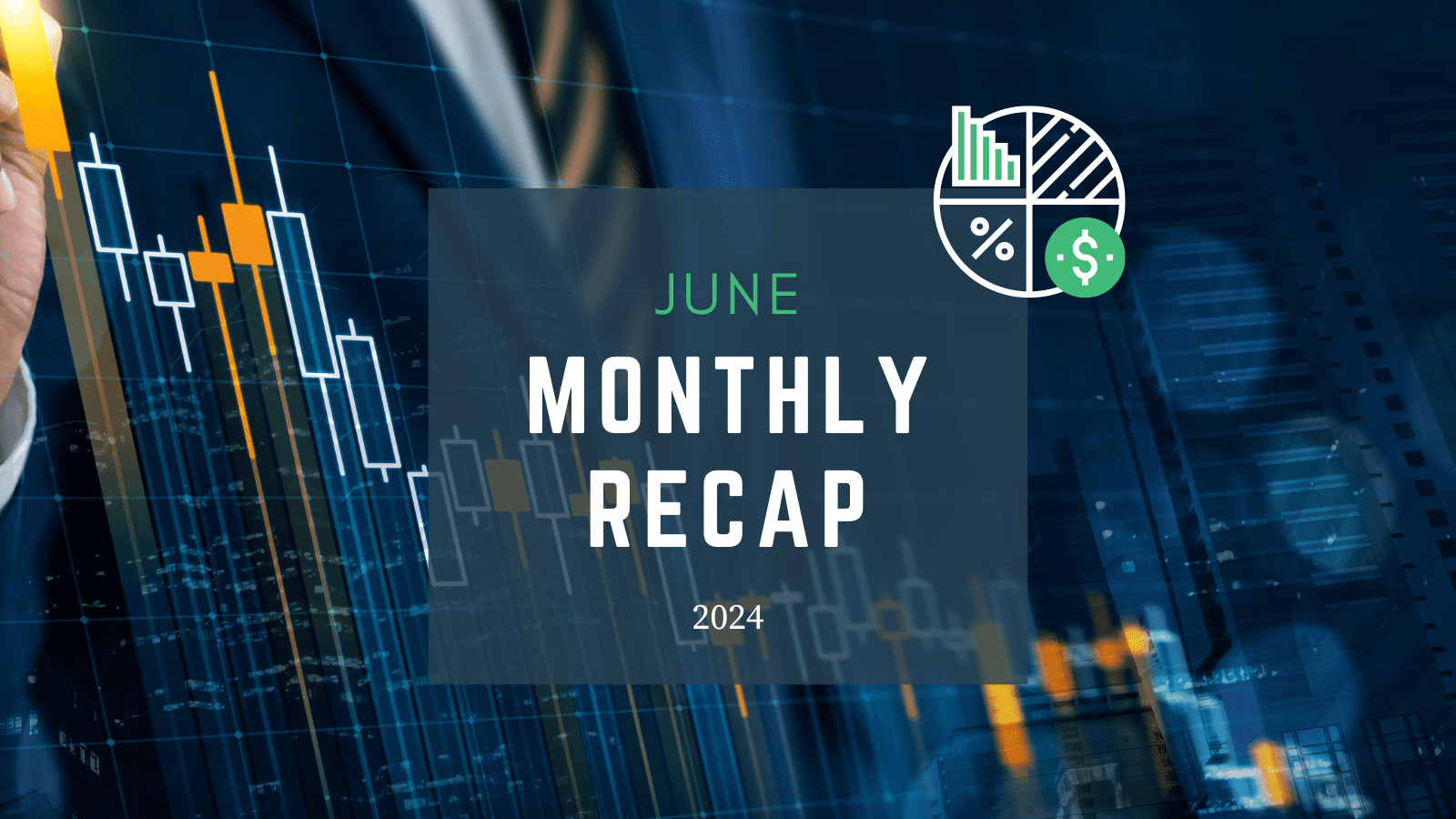Michael Torney, CFP, J.D., LL.M.
John D. Rockefeller once said, “I always tried to turn every disaster into an opportunity.” With the stock market down by double digits in 2022, investors have such an opportunity right now: they can achieve long-term financial gains by converting money from a traditional Individual Retirement Account (IRA) into a Roth IRA. There will be no income taxes owed on qualified distributions from a Roth IRA for the rest of your life. And this money will continue to grow tax-free.
While nearly anyone can take advantage of this tactic, there’s a special planning opportunity for those in their 60s or 70s who are near retirement or recently retired. That’s because while the money converted into a Roth IRA will be taxed, a depressed stock market means you will pay lower taxes than when the market is rising.
Here’s a good example of how a Roth conversion works and the benefits to the investor:
- A person with $50,000 in a traditional IRA converts this money into a Roth IRA. They will need to pay taxes on the $50,000. If they are in the 22% percent tax bracket, they will pay $11,000. Assume the taxes are paid from other funds, allowing the full $50,000 to be deposited into the Roth IRA.
- Next, the $50,000 is invested in the Standard & Poor’s 500 Index in shares of the Vanguard 500 Index Fund (VFIAX). On September 1, 2022, each share in this fund was valued at 367.16 per share[1]. The investor now holds 136.18 shares in this fund in their Roth IRA.
- As of September 1, 2022, VFIAX was down 15.9% on the year[2]. If, at some point, the S&P 500 recovers to its all-time high, the gain in the Roth IRA is tax-free. And all this money will continue to compound in the coming years – again, tax-free.
- At the time of the conversion, if the investor pays the taxes on the traditional IRA using cash or another non-taxable source of money, that’s extra money in the Roth that can grow tax-free.
Without a Roth IRA conversion, all of the money in your traditional IRA, 401(k) retirement plan, and other tax-deferred accounts will be taxed when you withdraw it. For example, if you withdraw $30,000 annually to help pay for living expenses, you will pay taxes on this amount every year.
Eventually, everyone must tap into these accounts. Beginning at age 72, every retired investor is forced to begin withdrawing some of their money each year. The amount to be withdrawn is called a required minimum distribution (RMD). The amount is based on a formula set by the Internal Revenue Service. Again, taxes will be paid on these withdrawals each year for the rest of your life.
Many investors could benefit from a Roth IRA conversion strategy, but it pays to evaluate current and future expectations for taxes.
First, compare your tax bracket today to the likely future tax bracket. If today’s tax bracket is lower, a Roth conversion will save money in the future. For example, if you have retired but aren’t receiving Social Security benefits or withdrawing money from your IRA, you are likely in a lower tax bracket.
For those investors considering a Roth conversion because of an anticipated higher future tax bracket, a bear market is a cherry on top of the tax savings sundae. The temporary decline in prices puts the conversion on sale.
Contact Us with Questions
Using Rockefeller’s idea to turn a disaster into an opportunity now makes sense. If you have questions or need to discuss a strategy for a Roth IRA conversion, contact our team at DuffTorneyteam@monetagroup.com.
We offer a free consultation to discuss how a comprehensive financial plan can help serve you well now and during retirement.
Sources:
[1]: https://finance.yahoo.com/quote/VFIAX/history?p=VFIAX
[2]: https://finance.yahoo.com/quote/VFIAX/history?p=VFIAX
2022 Advisory services offered by Moneta Group Investment Advisors, LLC, (“MGIA”) an investment adviser registered with the Securities and Exchange Commission (“SEC”). MGIA is a wholly-owned subsidiary of Moneta Group, LLC. Registration as an investment advisor does not imply a certain level of skill or training. The information contained herein is for informational purposes only, is not intended to be comprehensive or exclusive, and is based on materials deemed reliable, but the accuracy of which has not been verified. Trademarks and copyrights of materials referenced herein are the property of their respective owners. Index returns reflect total return, assuming reinvestment of dividends and interest. The returns do not reflect the effect of taxes and/or fees that an investor would incur. Examples contained herein are for illustrative purposes only based on generic assumptions. Given the dynamic nature of the subject matter and the environment in which this communication was written, the information contained herein is subject to change. This is not an offer to sell or buy securities, nor does it represent any specific recommendation. You should consult with an appropriately credentialed professional before making any financial, investment, tax or legal decision. An index is an unmanaged portfolio of specified securities and does not reflect any initial or ongoing expenses nor can it be invested in directly. Past performance is not indicative of future returns. All investments are subject to a risk of loss. Diversification and strategic asset allocation do not assure profit or protect against loss in declining markets. These materials do not take into consideration your personal circumstances, financial or otherwise. Personal financial situations may vary, and results may differ. Examples are meant to provide general guidance only and are not to be construed as investment advice.



